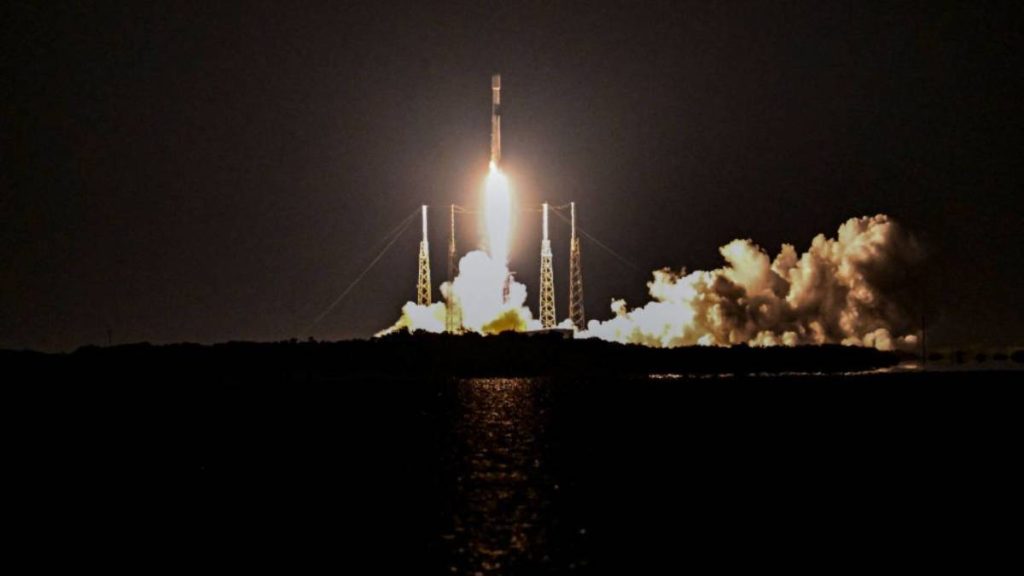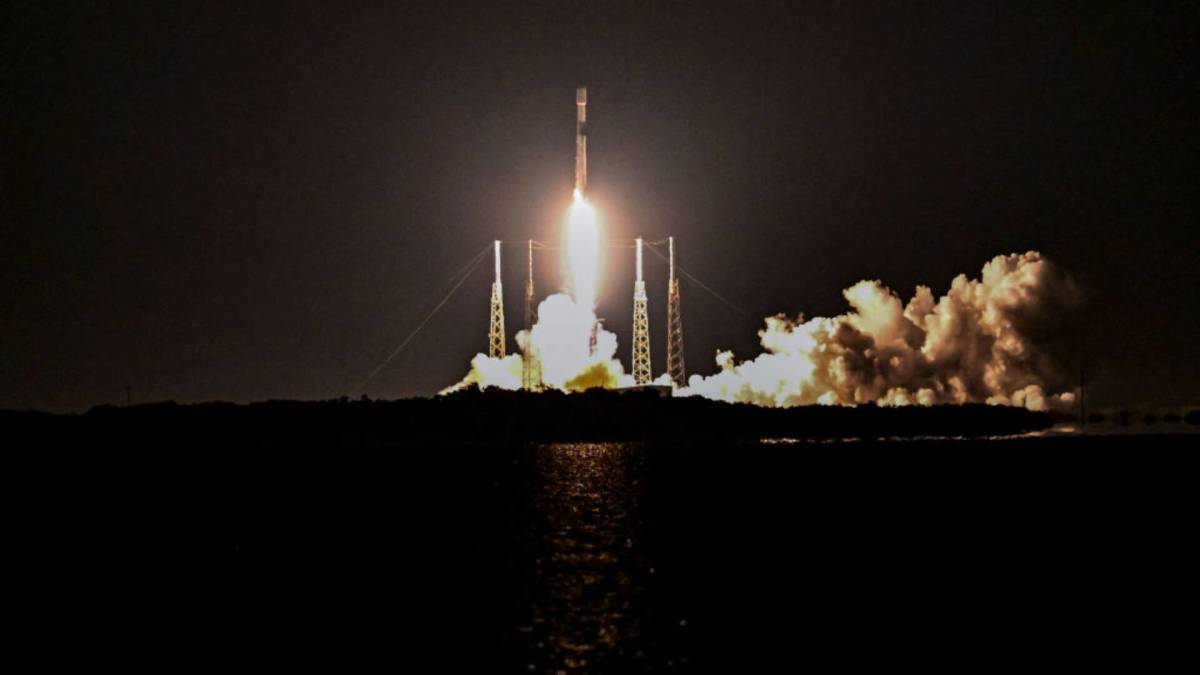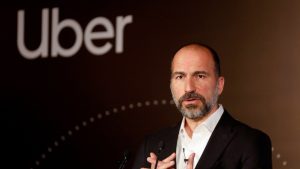Elon Musk's Starlink is the key to avoiding U.S. tariffs

Elon Musk’s reputation has taken a hit in some circles in recent years.
His political outspokenness on social media has ruffled some feathers, but it has also granted him an enormous cult-like following online.
💵💰Don’t miss the move: Subscribe to TheStreet’s free daily newsletter 💰💵
Negative press, and there is a growing amount of it these days, is often met online by a fervent defense from Tesla shareholders, Tesla owners, and simple fans of Musk, who laud his contributions to society.
But in the past year, he has gained one fan more influential than even himself: President Donald Trump.
Related: Tesla rival makes huge announcement about what’s coming in 2026
In the past, Trump has been less than effusive of Musk, saying that Musk “begged” him for government subsidies for “electric cars that don’t drive long enough, driverless cars that crash, or rocketships to nowhere, without which subsidies he’d be worthless.”
That all changed last year once Musk poured his personal fortune into getting Trump elected.
It seems he and Trump have genuinely become friends as Musk leads the Department of Government Efficiency for the time being, and Trump knows how to take care of his friends.
In fact, one of Musk’s companies may be directly benefiting from the tariff negotiations the White House is conducting.

Image source: Khanna/AFP via Getty Images
Starlink is a major sticking point in tariff negotiations
U.S. officials are using approval of Starlink as a sticking point in tariff negotiations with foreign countries, the Washington Post reported Wednesday, citing State Department cables.
U.S. embassies and the State Department are pushing the countries to clear regulatory hurdles that will allow Musk’s satellite-based broadband network to operate in their territories.
The cables often mention Starlink, a product of Musk’s SpaceX company, by name, according to the Post, which also emphasized that the documents did not show Trump administration officials demanding favors for Starlink in exchange for a better deal on tariffs.
The Post notes that Starlink has reached distribution deals with two providers in India and has won at least partial accommodations with Somalia, the Democratic Republic of Congo, Bangladesh, Pakistan, and Vietnam.
The White House has framed Starlink as a key U.S. alternative to Russian and Chinese companies offering similar satellite broadband services.
SpaceX has had a rough start to 2025
While private investors pile into SpaceX, giving the company an unprecedented private valuation, the company’s product in the sky has had a rough start to the year.
In March, the company suffered its second failed launch of the year after another rocket exploded mid-flight.
More Tesla news:
- Analyst slashes Tesla price target for an unexpected reason
- General Motors is set to overtake Tesla in one key area
- Tesla, Elon Musk make drastic decision amid U.S.-China trade war
In addition, Starlink is no longer the only U.S. player in the satellite broadband market after Amazon announced Project Kuiper on April 9. To kick off its service, Amazon deployed 27 satellites at an altitude of 280 miles above the Earth.
The company plans to launch more than 3,200 low Earth orbit satellites in about 80 launches. It expects to deliver customers high-speed, low-latency internet later this year.
Related: Veteran fund manager unveils eye-popping S&P 500 forecast
#Elon #Musk039s #Starlink #key #avoiding #U.S #tariffs






